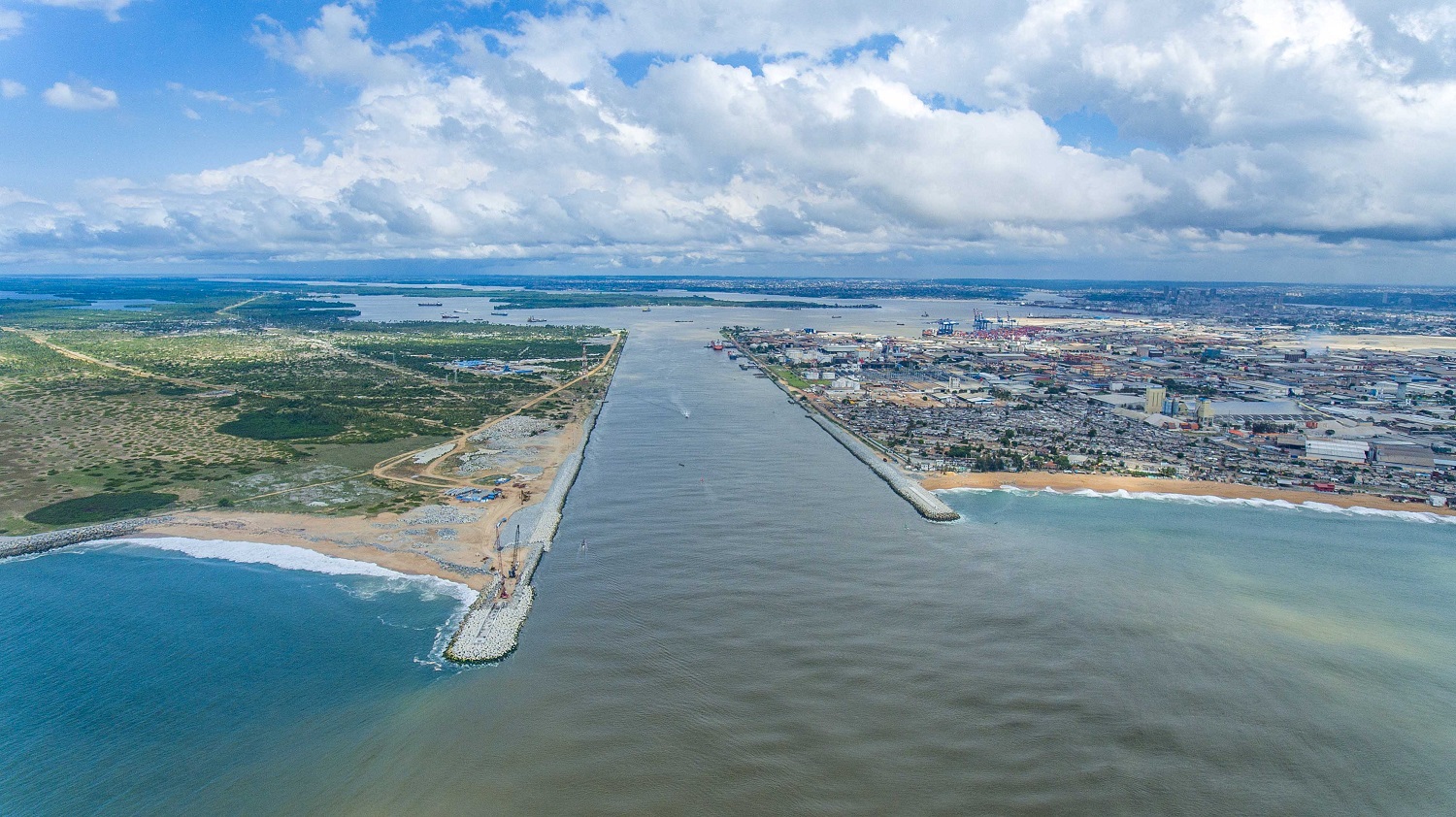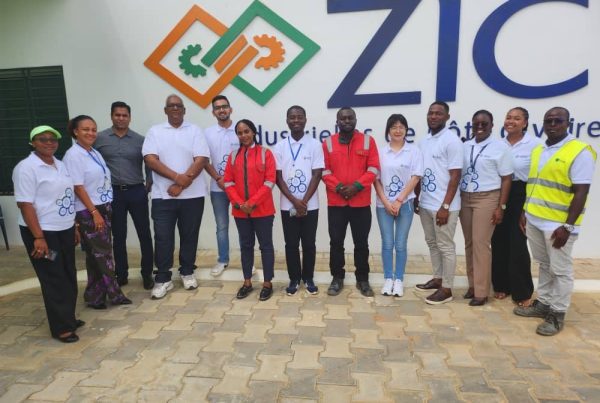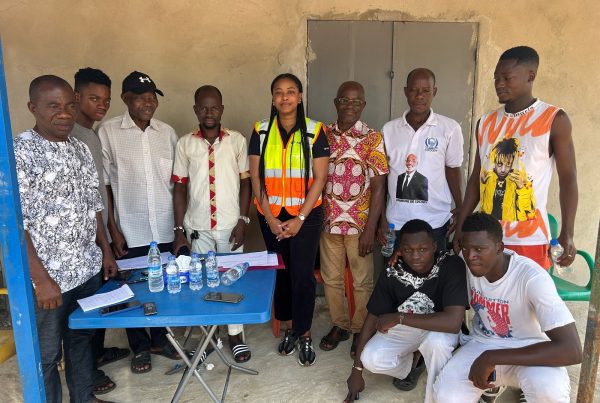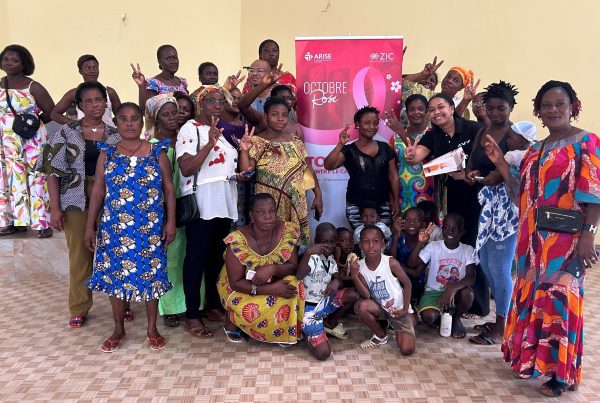Located on the west coast of Africa, Côte d’Ivoire, also vividly known as Ivory Coast, is a country that engulfs a unique blend of culture, history, and natural beauty. With its diverse landscapes, vibrant cities, and a rich cultural tapestry, Côte d’Ivoire offers a mesmerising experience for travellers and enthusiasts alike. Let’s go deeper into what the country holds in terms of business opportunities and how is the market reflexing to the overall economic transformation in Africa.
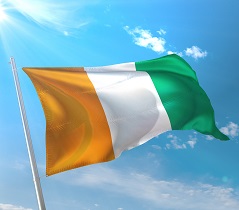
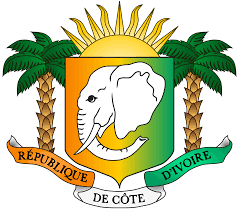
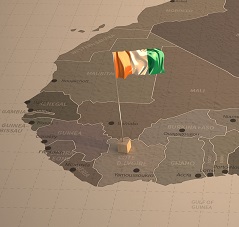
Côte d’Ivoire: Country Overview
The country has shown resilience and progress in recent years, attracting investment, and working towards sustainable development. The Ivory Coast is another name for the “Côte d’Ivoire” a term in French, which is its official language. The country acquired this name due to its historical association with the ivory trade during the colonial period.
The name “Côte d’Ivoire” is significant to the country’s cultural and national identity, symbolizing its history, resources, and the importance of its natural heritage. In 1985, the Ivorian government officially requested that the international community use “Côte d’Ivoire” as the name of the country in all languages, rather than translating it to “Ivory Coast.” This request was recognized by various international organizations and is why the country is commonly referred to as Côte d’Ivoire in diplomatic and official contexts.
So, while “Ivory Coast” is the English translation of “Côte d’Ivoire,” the country itself prefers to be called by its French name as a way of honouring its history and asserting its cultural identity.
The economic capital of the country is Abidjan, which is claimed to be the largest city and economic hub of Côte d’Ivoire. Abidjan is also known as the “Paris of West Africa” due to its cosmopolitan atmosphere.
Ethnicities:
Côte d’Ivoire is the residence of ethnic groups, each with its own traditions, languages, and customs. The diverse ethnic mosaic includes the Akan, Krou, Gour, and Mandé people, contributing to a rich cultural heritage. Visitors can witness various cultural festivals, dances, and rituals that celebrate this diversity.
City life
The city boasts modern skyscrapers, bustling markets, and a lively nightlife. The plateau district is home to government buildings, luxury hotels, and high-end restaurants. The political capital of Côte d’Ivoire is Yamoussoukro. One of the most prominent landmarks is the Basilica of Our Lady of Peace, which is the largest Christian church in the world. The city offers a quieter, more relaxed atmosphere compared to Abidjan.
Biodiversity
Côte d’Ivoire is blessed with diverse natural beauty. The country features lush rainforests, pristine beaches along the Gulf of Guinea, and national parks teeming with wildlife. Tai National Park, a UNESCO World Heritage site, is a haven for biodiversity, including chimpanzees and rare bird species.
Art and culture
Côte d’Ivoire is known for its vibrant arts and crafts scene. Local artisans create beautiful masks, sculptures, and textiles, which are not only aesthetically pleasing but also deeply symbolic of the Ivorian culture.
One can explore traditional markets to find unique souvenirs. Côte d’Ivoire is a captivating destination for those seeking an immersive cultural experience and a glimpse into the diverse tapestry of West African life. From its bustling cities to its serene natural landscapes, the country offers a unique blend of traditions, flavors, and history that make it a must-visit for any traveller with a passion for exploration.
Economy in Cote d’Ivoire
Côte d’Ivoire is the second fastest-growing economy in West Africa and the fourth fastest-growing economy in the world. The country has experienced robust economic growth driven by various factors, including political stability, investment in infrastructure, and a diversified economy. Agriculture is a cornerstone of the Ivorian economy.
The country is one of the world’s leading producers of cocoa beans and a major exporter of coffee and palm oil. Cocoa plays a pivotal role in the nation’s economy, with many smallholder farmers involved in its cultivation. Côte d’Ivoire is also rich in mineral resources, including gold, diamonds, and oil. The mining sector has attracted significant foreign investment, contributing to economic growth.
In parallel, the oil and gas industry has been growing steadily, with offshore reserves contributing to the country’s oil production. This sector has the potential to further boost economic development.
In specific, the Ivorian government has prioritized infrastructure development, including roads, ports, and energy projects. These investments aim to improve connectivity and facilitate trade. The services sector, including banking, telecommunications, and tourism, has been expanding as urbanization and middle-class growth drive consumer demand.
Leveraging its strategic location within West Africa, Côte d’Ivoire seeks to enhance regional economic integration.
All the above sectors form a huge spectrum of opportunities and overview of the country’s economic and business field. To know more about what the region has to offer, please write to us.


